Lessons from the Start Line – Applying Sport Experiences to a Future Career as a First Responder
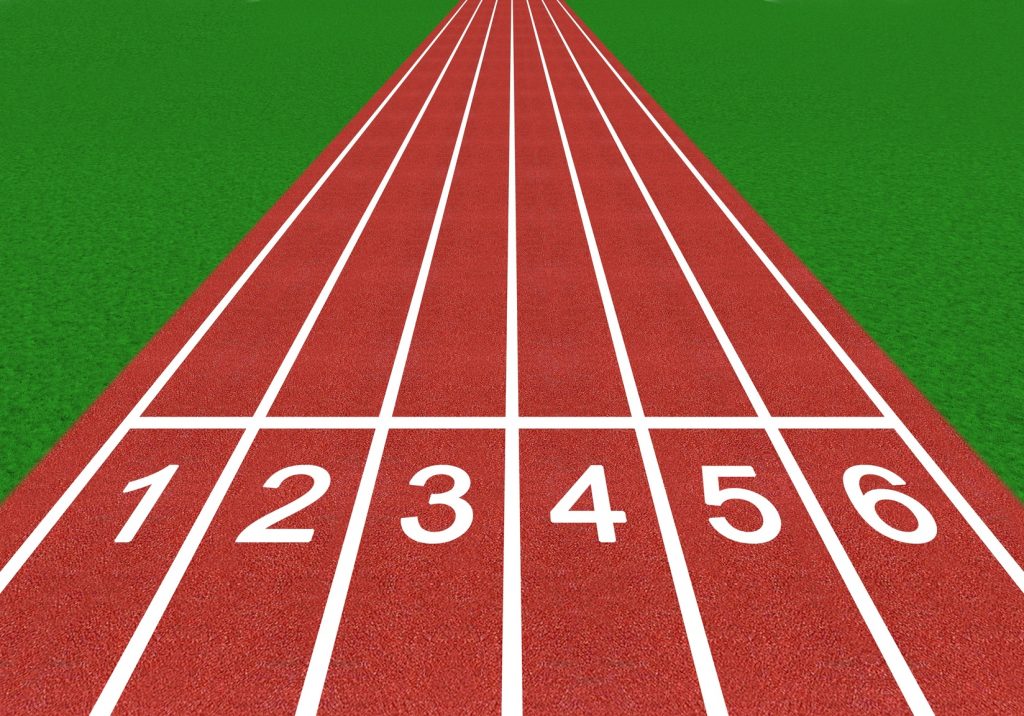
I was born in 1995 which means I fall under the very prestigious title of a millennial. Not only are we known for the extensive technological integration into our lives, but also for our high unemployment rates and decreased job satisfaction. This pushes many to stay at home with their parents and continue post-secondary education…
Fostering Leadership in Youth Sport through a Tri-Level Mentoring Model
Many coaches in youth sport understand the positive benefits of sport participation, in helping youth adopt social relationships, perseverance, and building life skills. However, it isn’t enough to simply thrust a child into sport and hope they develop character. It is necessary for coaches to provide intentional opportunities for youth engagement and empowerment to help…
The Car Ride Home
Parents[1] play an undeniably important role in the lives of young athletes. Parents have been described as socializers of athletes’ sport experiences – providing opportunities for participation, serving as role models, and helping athletes make sense of their sport experiences. Previous research about parent involvement in sport has examined the types of feedback that parents…
Exploring Developmental Factors for Overcoming Relative Age Effects in Ice Hockey
Relative age effects (RAEs) are developmental advantages experienced by those born in the early months of the year relative to an age-defined cut-off date (Barnsley et al., 1985). In sport and educational settings, RAEs tend to endure, resulting in an accumulated advantage that could affect youths’ overall development (Murray, 2003). This research program investigated the…
The Importance of Risky Play for Physical, Social, and Emotional Development
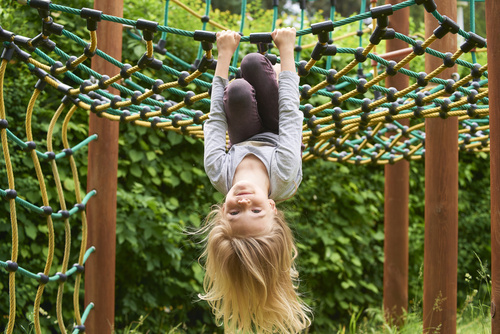
Engaging in risky play is a natural part of a child’s development. In addition to increasing physical activity and developing social skills, risky play is a way by which children learn to adapt to their environments and fears, and may moderate the potential of a future anxiety disorder. Risky play is a form of play…
Preparing for the Future – Building leadership skills in young women
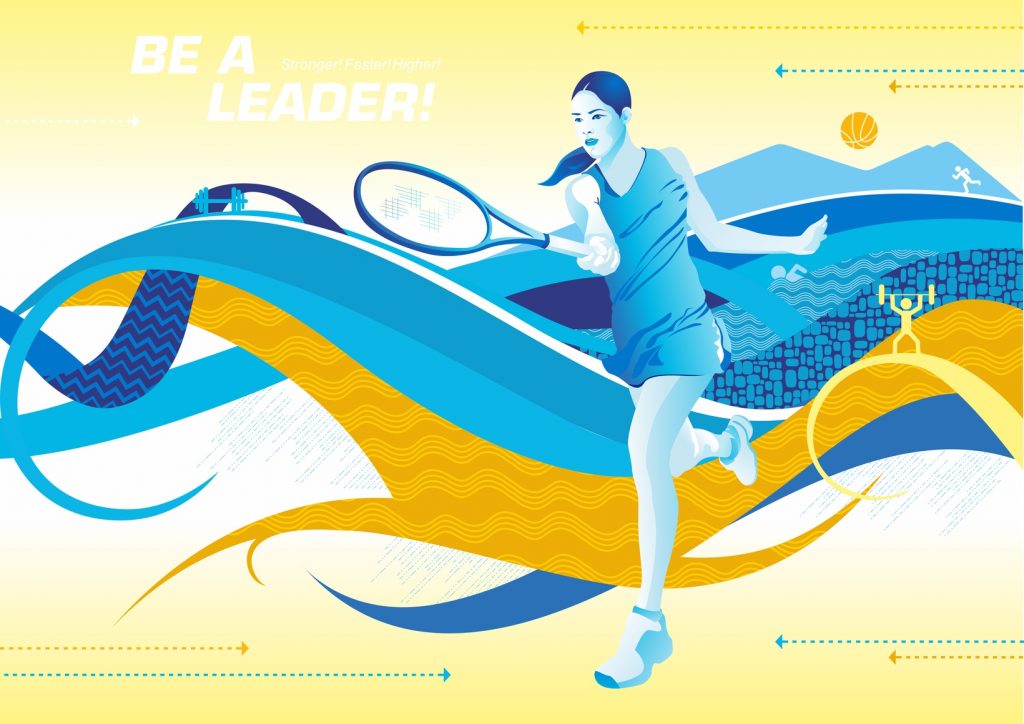
Young girls today have quite a few options to choose from when deciding which sport they wish to dedicate their time and effort to, particularly regarding sports that have traditionally been reserved for boys. While the number of girls in sport is growing and the gender gap is getting smaller, there is still a noticeable…
Adjusting to Life After Sport – Easing the path for athletes in transition
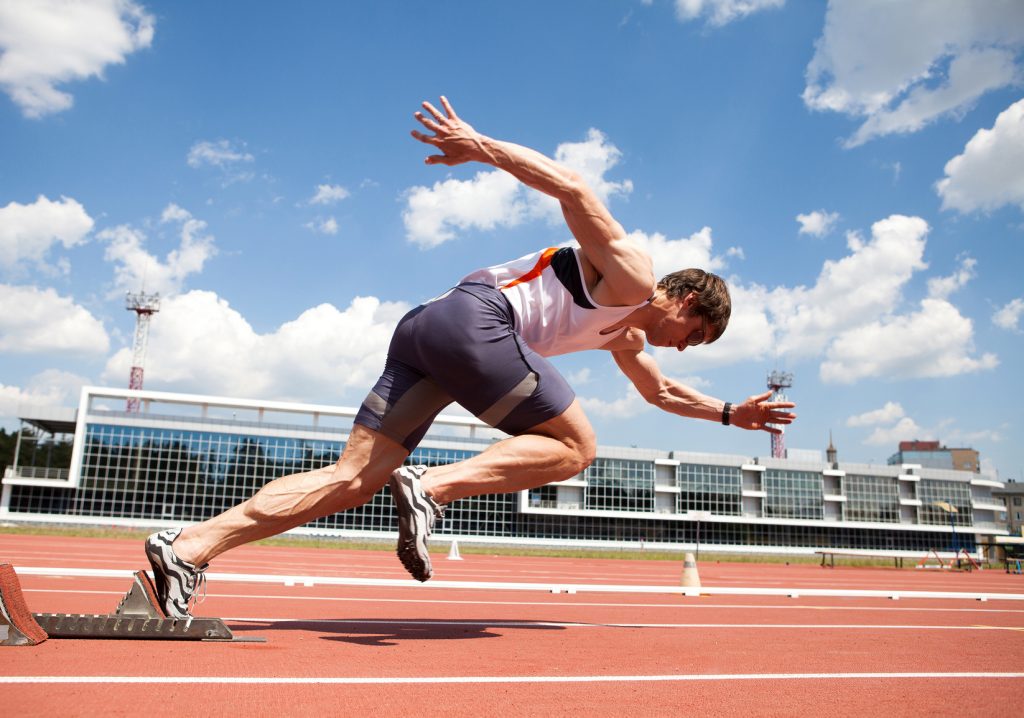
High performance athletes typically make a lot of sacrifices for their sport in all areas including family, education, finances, and sometimes even their bodies. Their lives are usually jam-packed with strict routines, intense training and busy competition schedules with the ongoing aim of achieving their dreams. With their social lives, support systems and even off-times…
Becoming a Youth Sport Leader
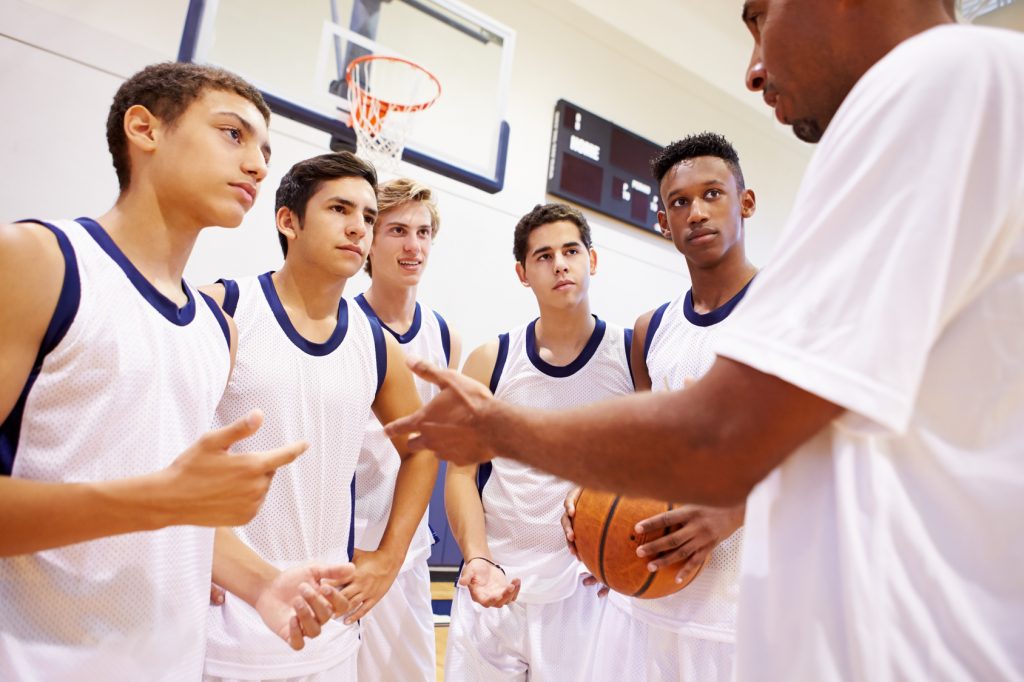
There is no arguing the inherent value of sport and its positive effects on today’s youth. Sport offers the opportunity for so many things, social interaction, the value of team work, building confidence, not to mention the healthy lifestyle that is closely associated with sport and physical activity. This summer, if you know a young…
Parental influence on kids’ sporting experience
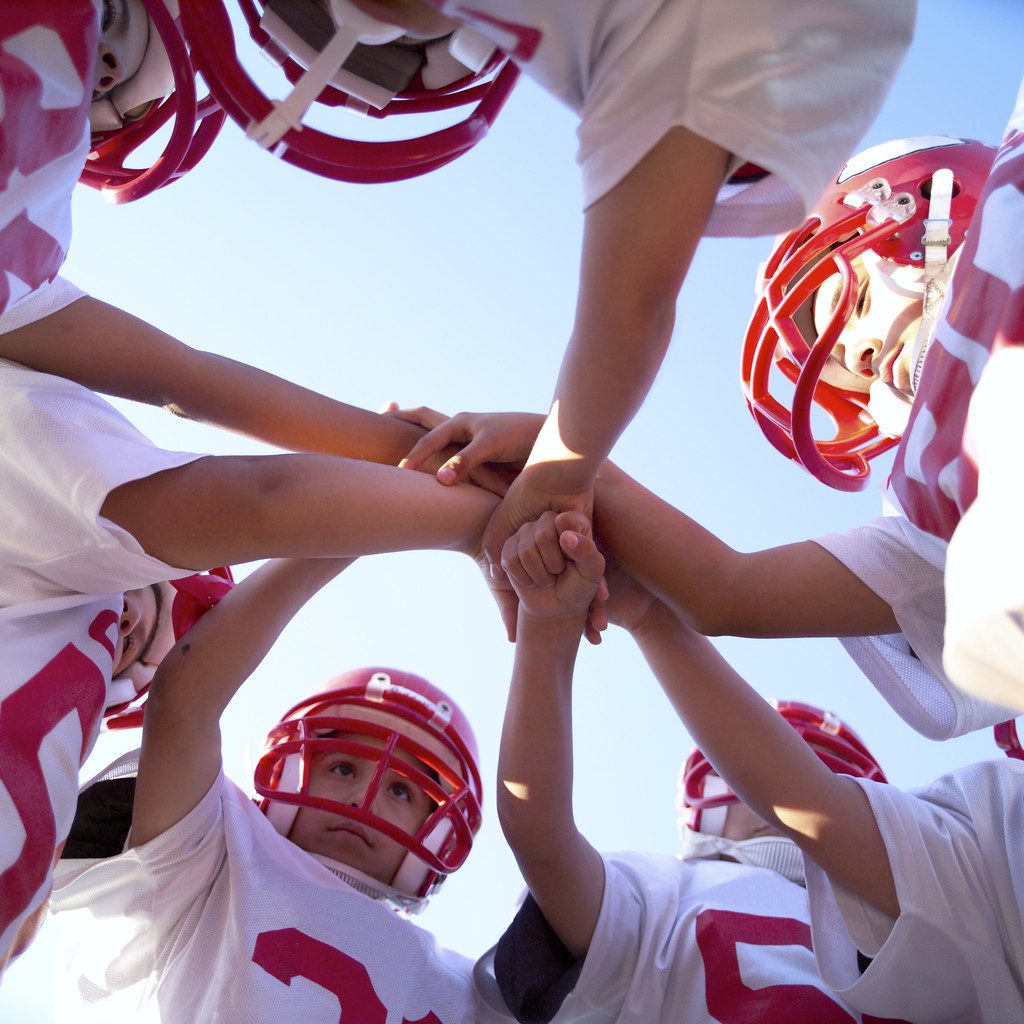
Parents have a tremendous influence in the development and enjoyment of a child’s sporting life especially in the early years. Instilling confidence, emotional support and emphasizing development as opposed to outcome helps a child to focus on improvement and effort. A parent’s role should be to encourage the child regardless of ability, limit criticisms after…
Striking a balance between academics and athletics: the role of a student-athlete

Student-athletes have the demanding role of balancing academic and athletic pursuits while doing well in both the classroom and on the field of play. Unlike the average student, student-athletes have a rigorous schedule that requires planning, discipline and sacrifice. Having good time management skills enables them to balance academics, athletics and have a social life…